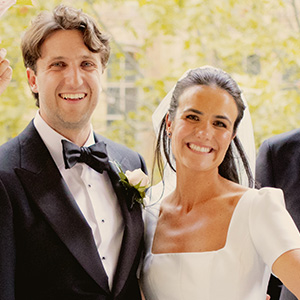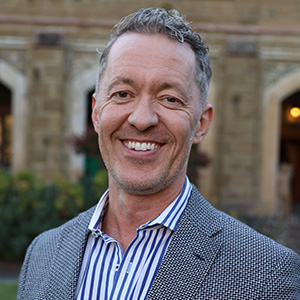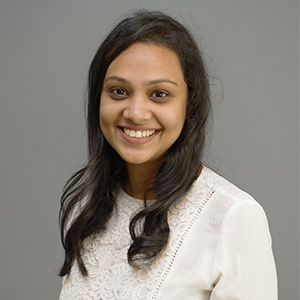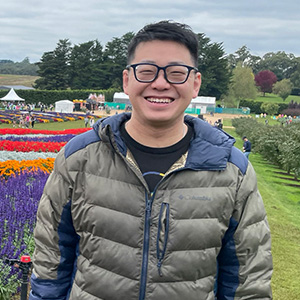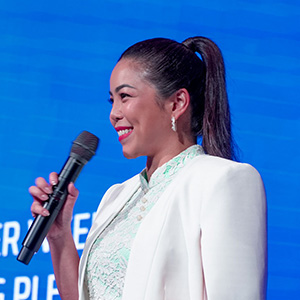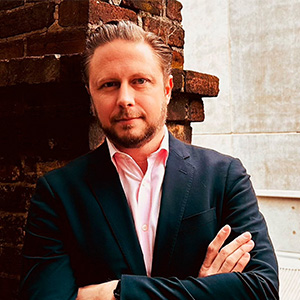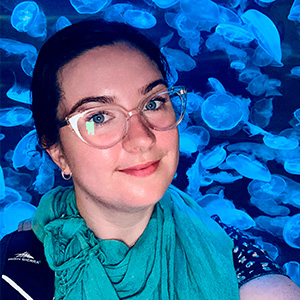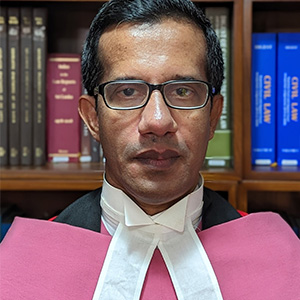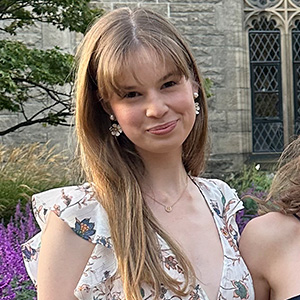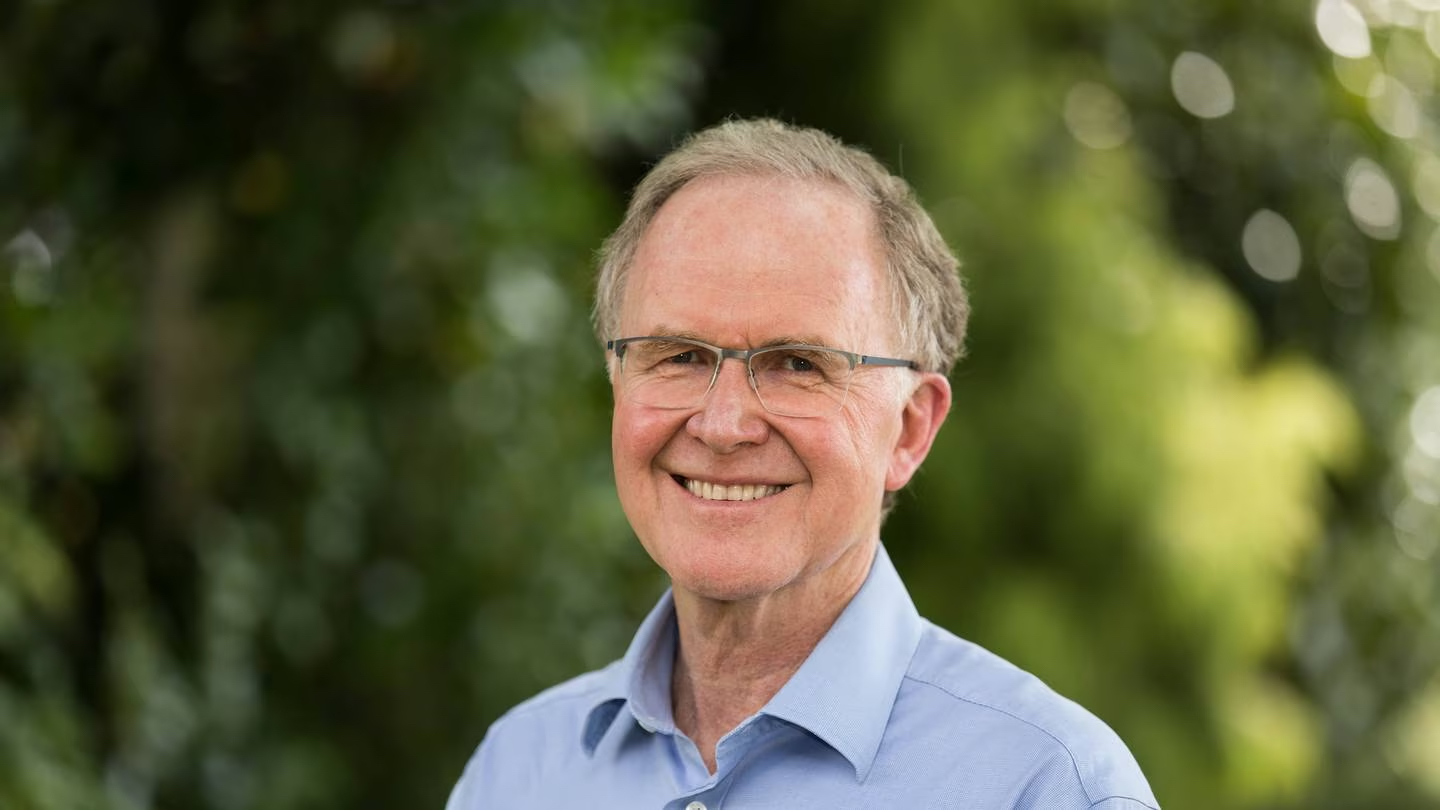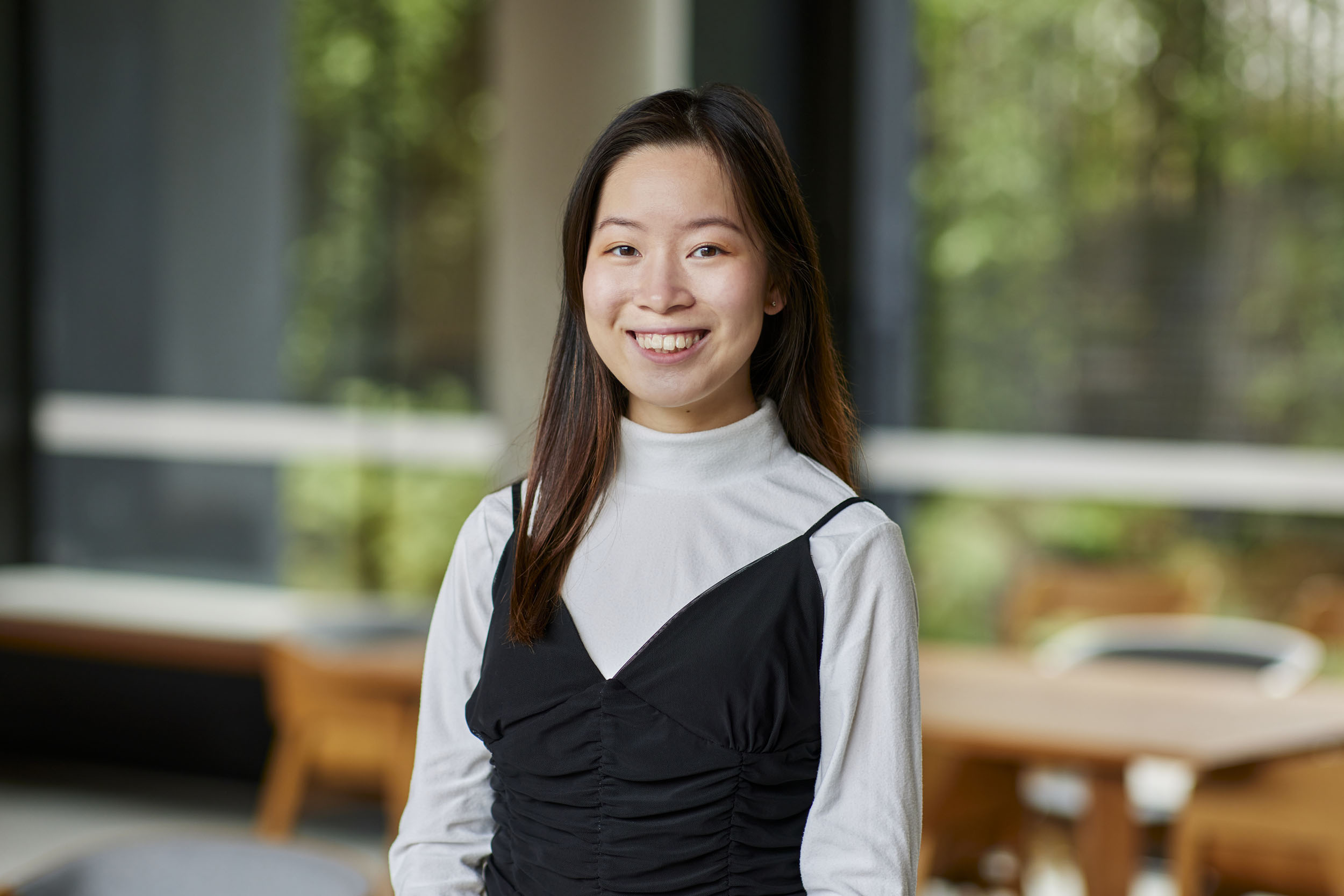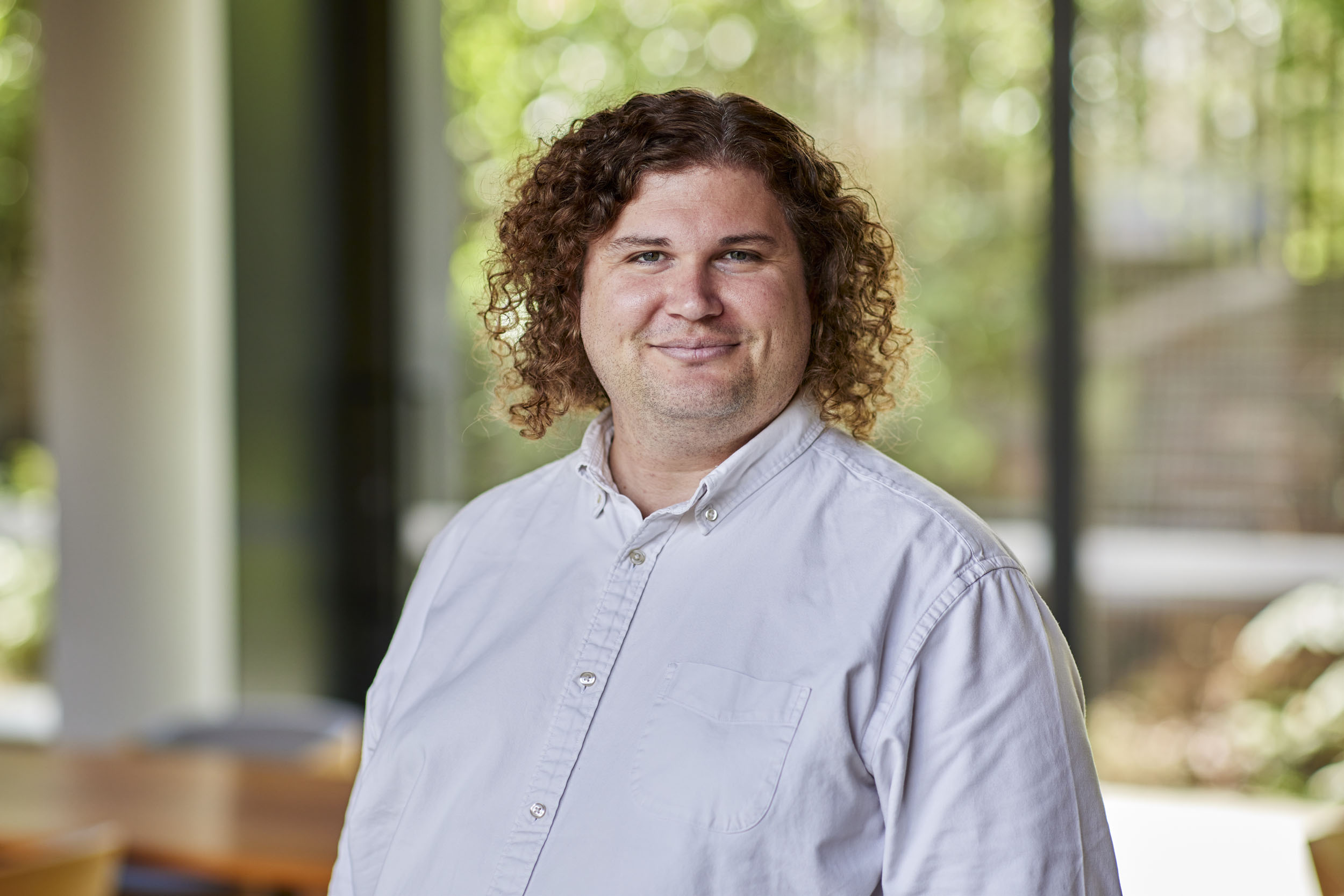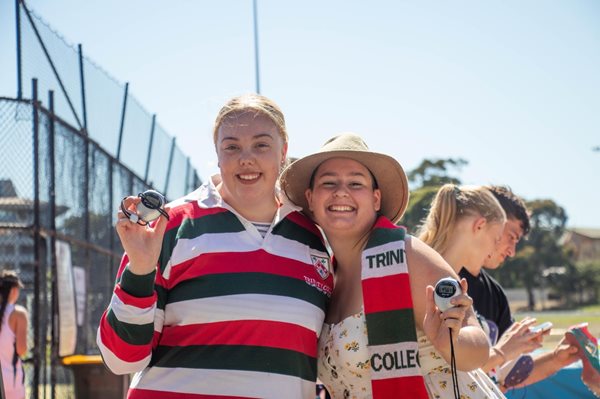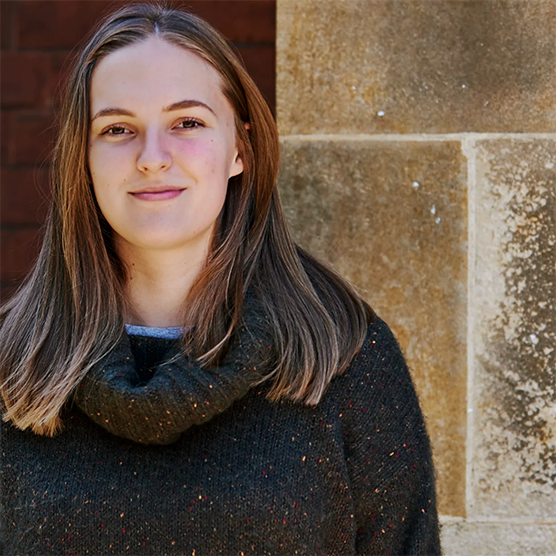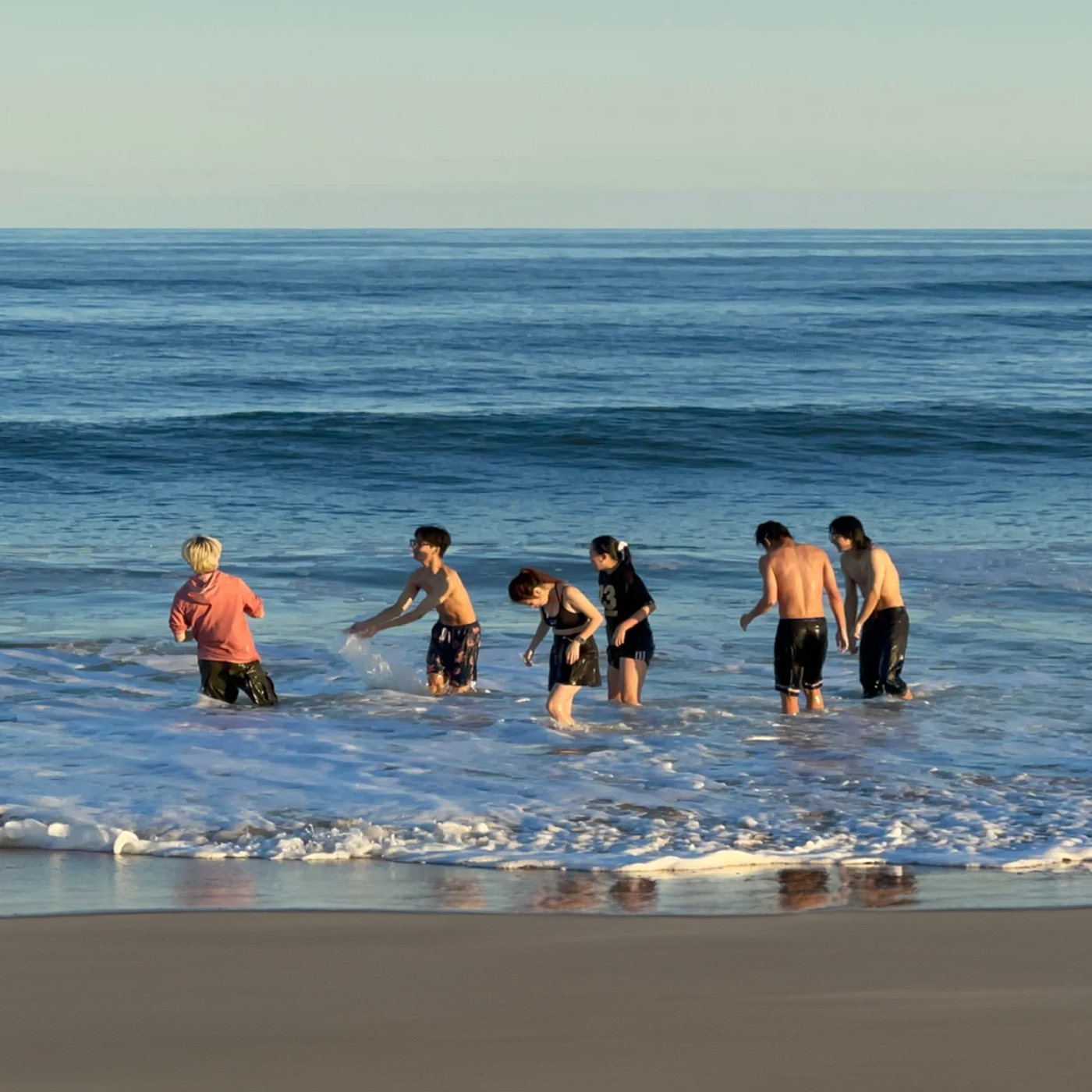

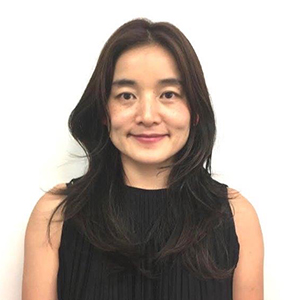 Kana Takahashi grew up in Tokyo then attended Ballarat Grammar for a year as an exchange student when she was 16. When she finished school, she was intent on returning to Australia, so joined Trinity College’s Foundation Studies program, which would let her go on to study at the University of Melbourne. After graduating, Kana moved back Tokyo then to Sydney, working with GE.
Kana Takahashi grew up in Tokyo then attended Ballarat Grammar for a year as an exchange student when she was 16. When she finished school, she was intent on returning to Australia, so joined Trinity College’s Foundation Studies program, which would let her go on to study at the University of Melbourne. After graduating, Kana moved back Tokyo then to Sydney, working with GE.
In 2009, newly married and with a baby, Kana quit her position at GE, thinking that she’d be fulfilled by becoming a housewife. She quickly realised, however, that she wasn’t cut out for the position.
‘I left GE because I thought being a housewife would be my calling … but it was one of the worst career choices I made,’ she laughs. ‘I was bad at cleaning. I can't wash dishes. I cannot fold clothes. I cannot tidy a house.’
So, in 2011, Kana stepped back into the workforce and decided to relaunch her career in the finance industry.
Kana found the move refreshing, saying she'd missed 'the sense of achievement and satisfaction.’
With a new sense of appreciation for work, Kana decided to take her career more seriously, admitting that she’d somewhat cruised through university, choosing subjects with the least amount of commitment so she could focus on having a good time.
Though partying was high on Kana’s agenda in her youth, she has always enjoyed pushing herself to be better, and this became more and more important as her career advanced – not least to the extent of becoming a chief financial officer for one of the world’s largest companies.
Kana says her main strength that has helped her career to develop is her ability to think about success logically. She focuses on what she is expected to deliver rather than what she wants to deliver. If you get too caught up in your own wants, she says, you can sometimes forget what you’re actually getting paid to do.
Kana believes seeking feedback and looking at yourself through a ‘third person’s eye’ is the best way to find out what you’re good at and what you’re valued for, and then you can use this information to build a successful career.
She says that doing the things you are good at might not mean you are doing the things you love every day, but that hobbies can be pursued outside of work to fulfill the ‘want’. ‘Stick to what you're valued for and what you are told you're good at, because it's a job at the end of the day,’ she says.
‘It’s really important that you find the sweet spot with something you are really good at it, but not everybody else is good at, because then you can do something very easily that others might struggle with. If you sharpen that edge, then your career skyrockets.’
She adds that if you find something that you’re valued for, it’s also easier to take a career break – say to have children or to travel – then return to the workforce, as your skills will still be in demand.
For Kana, her natural talent lies in being able to find solutions and quickly make decisions. She says sometimes it’s not about having all the backup arguments and validation before making a decision, as sometimes the answer will come too late and the opportunity will be lost, so, for her, being decisive is a virtue.
‘I’m very decisive but intuitive as well, and I think about who I need to talk to,’ she says.
But how do you know what you’re good at?
According to Kana, for the first three years of your career you should work hard and try everything you can. She says that unless you have a go at everything, people can’t tell what you’re good at. It’s a process of trial and error until you notice people saying that you’ve got a knack for something when you seek advice and feedback, and when they notice that you’re bringing value due to your natural talent.
‘Try everything, even the things you never thought you would do and then you might find sweet spot – that's a jackpot … But unless you try everything, you don't know.’
Though Kana approaches her career with a realistic approach, and recommends that others do the same, she still believes in personal development and making sure that the people in her team are not only performing, but learning and growing too.
‘On top of the tasks I have to deliver, I always think about organisation. I think about engagement,’ she says.
Engagement and leadership, however, is something that Kana discovered she wasn’t automatically good at, so had to undergo a humbling learning process.
After her first year of leading a team, Kana says she received terrible feedback because she wasn’t communicating clearly. ‘I was very young and had no management experience, and I was pulled into a director role … I thought I was doing great, but my team wasn’t happy because they didn’t feel like they were learning anything and didn’t feel like they got support,’ she says.
‘I learned a lot [about people management] through reading and after five years I got really good feedback. My team was united and very engaged. I think that was the proudest moment for me, because it didn't come naturally. Generally, you’re not coached and your degree doesn't teach you how to manage people and how to engage people – there's no winning formula.’
Kana says this process of learning and seeking feedback should be ongoing, and that a career can take many twists and turns. She reiterates that a career is long – for current students, it could still be going 40 or 50 years from now – so it’s okay to take some time to figure things out. ‘You will change, you will evolve, so don't think the first three to five years is it.’
‘One thing I’ve learned in my life is that the fastest path is not the best path usually.’
Kana uses Foundation Studies as a reference, saying that, even though it can seem ‘slower’ to take a foundation year before university, it can give you more power later in life. In her case, she learned critical thinking skills through subjects like History of Ideas – skills that aren’t taught in traditional schools in Japan – and, through osmosis, learned how to interact and deal with different cultures.
‘Maybe it took me longer than other people to get into university or longer to finish my degree, but [Trinity] gave me a foundation and power later on. In your career as well, you never know what you do in your life that might benefit you later. So don't think that what you're doing right now might not directly relate to what you want to do in the future, because you just never know.’


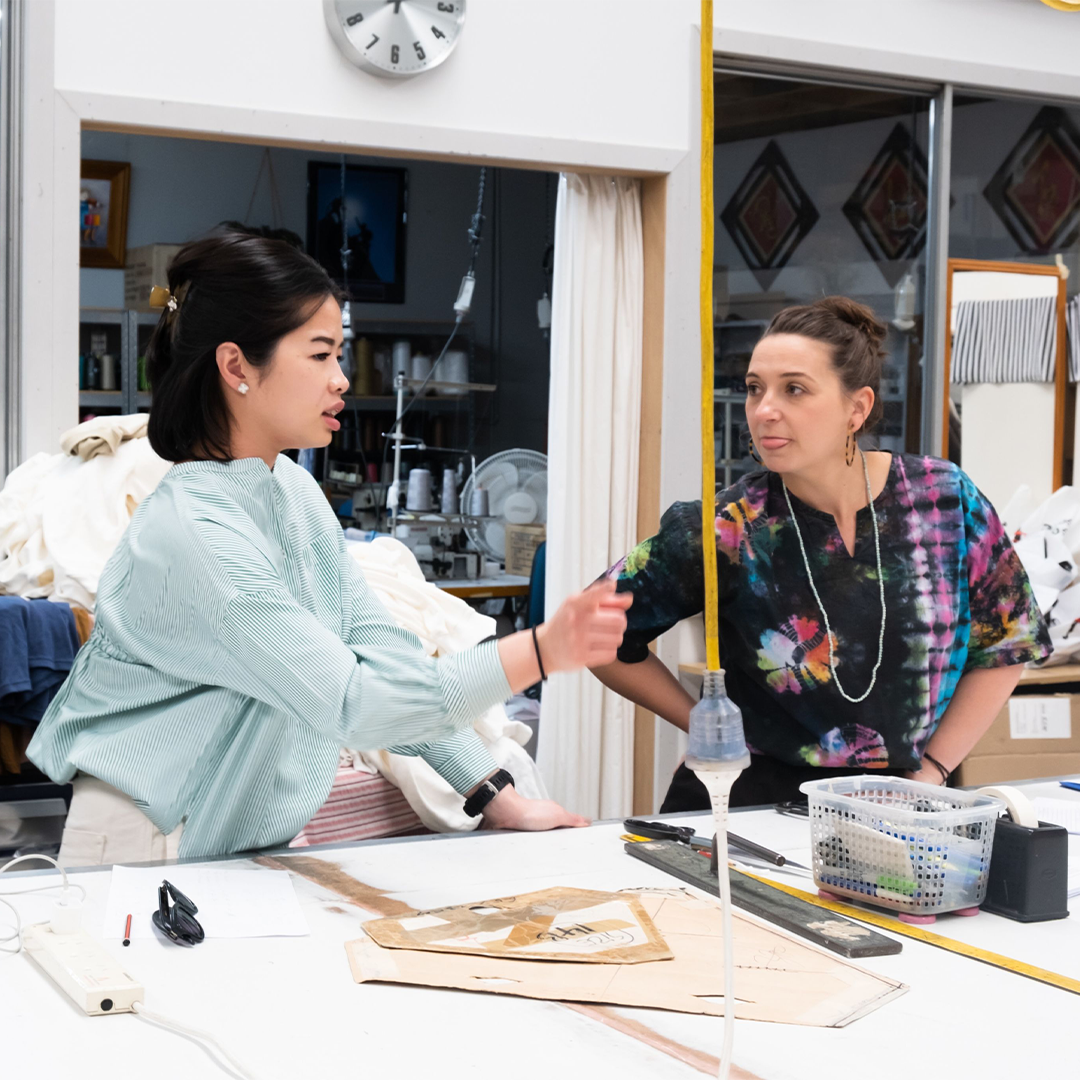

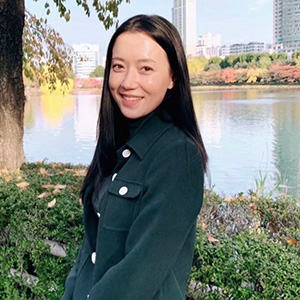

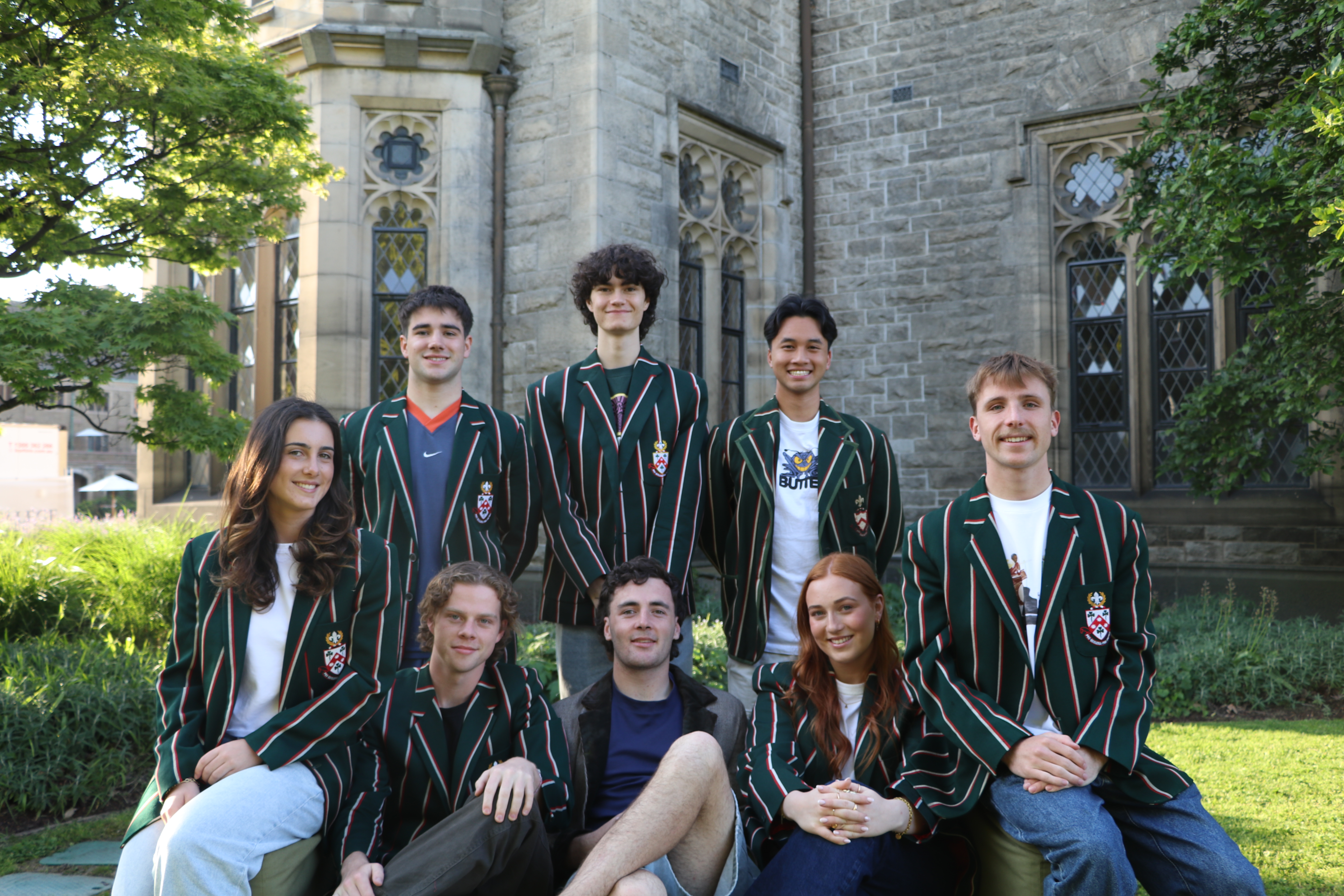
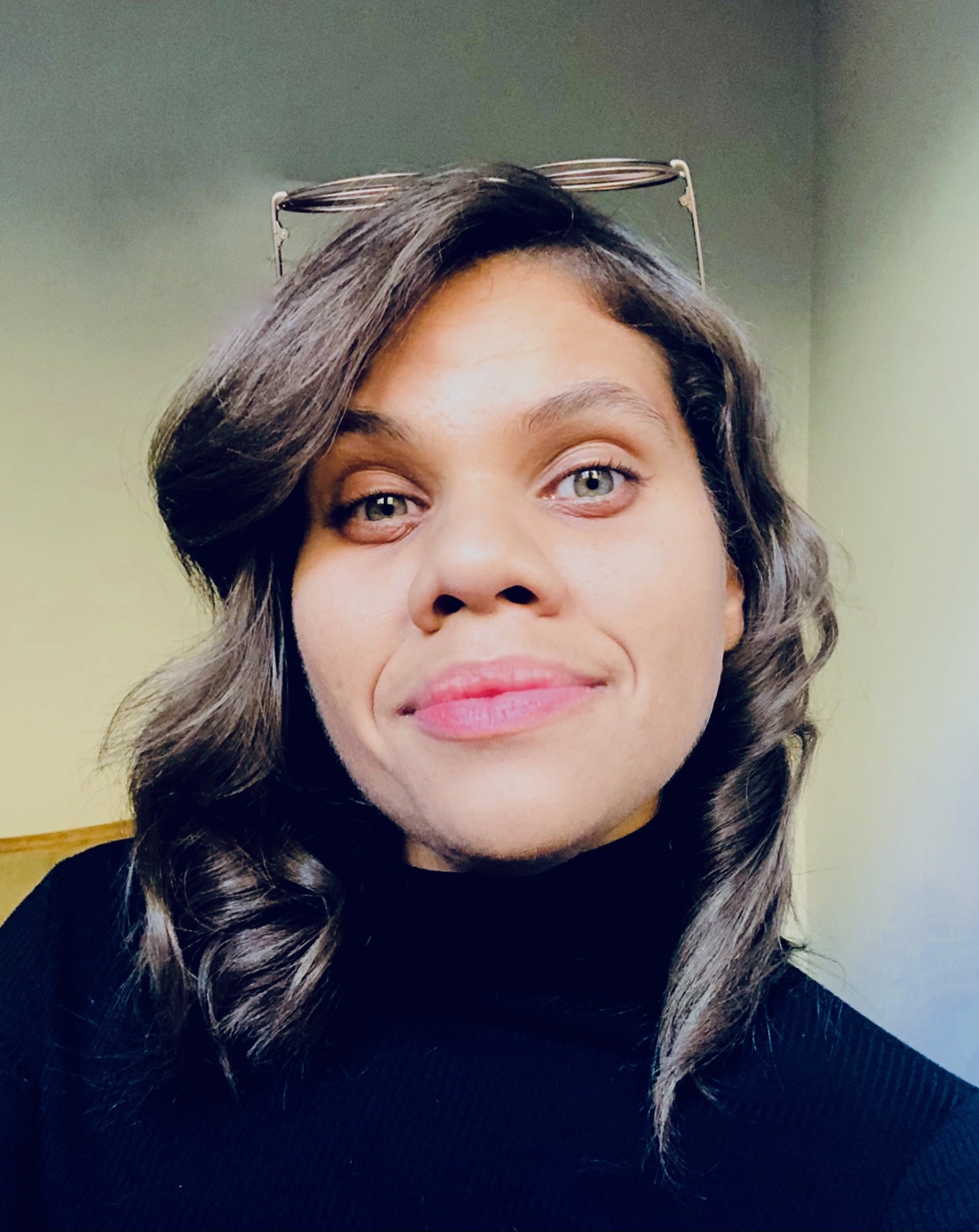
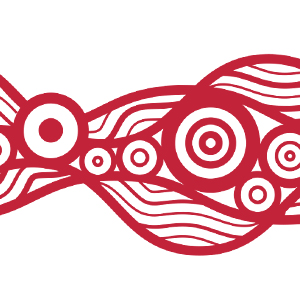
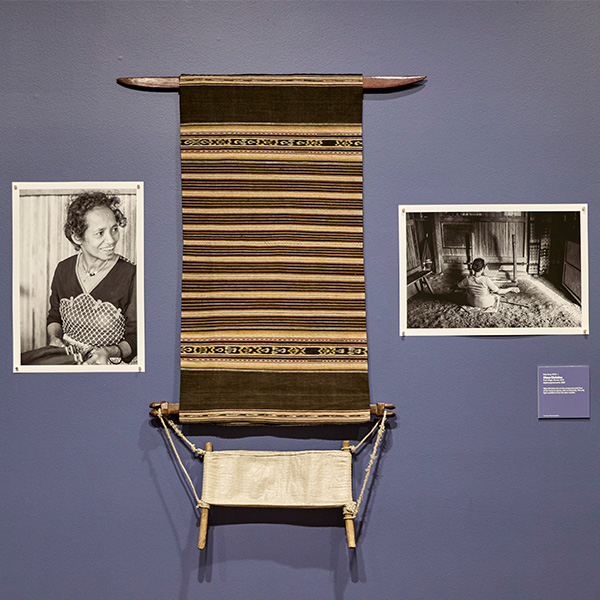

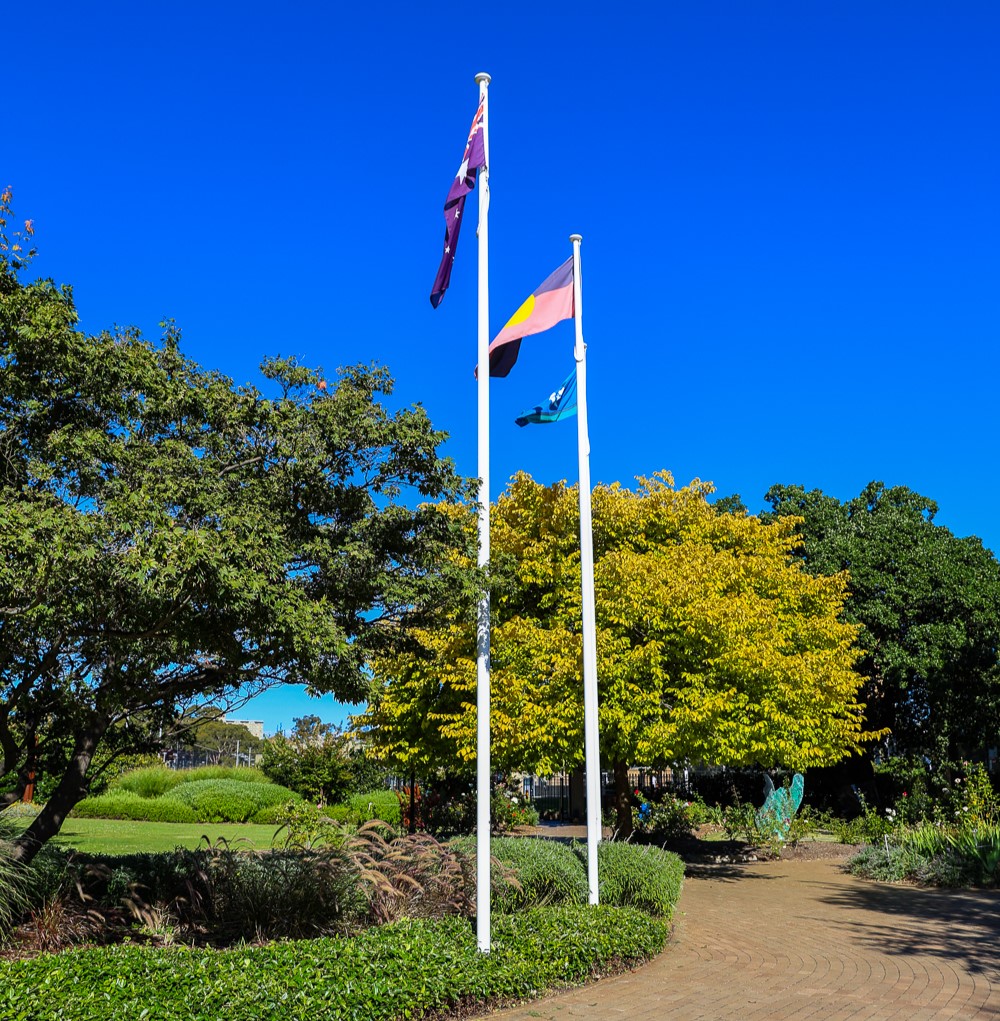
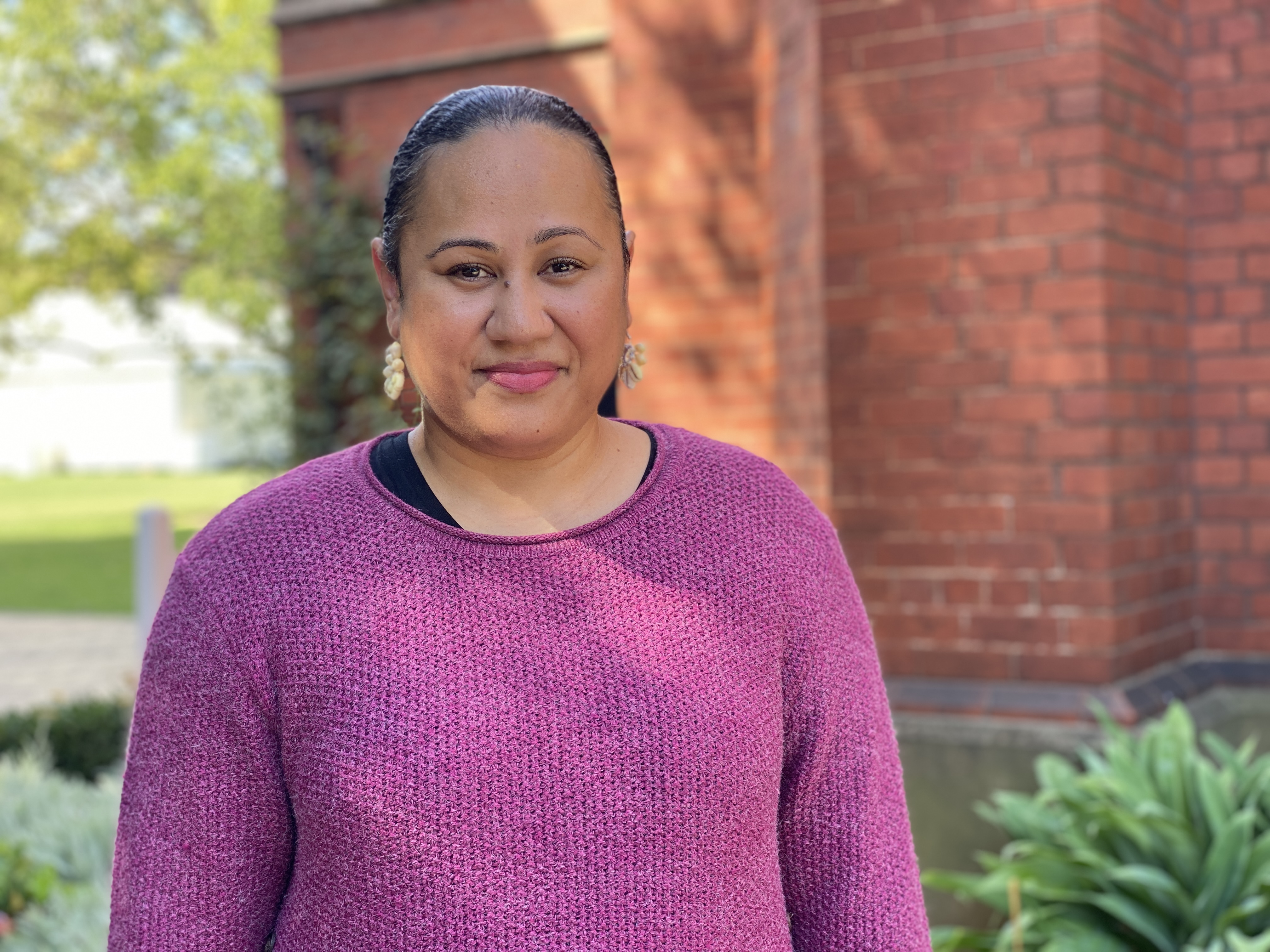
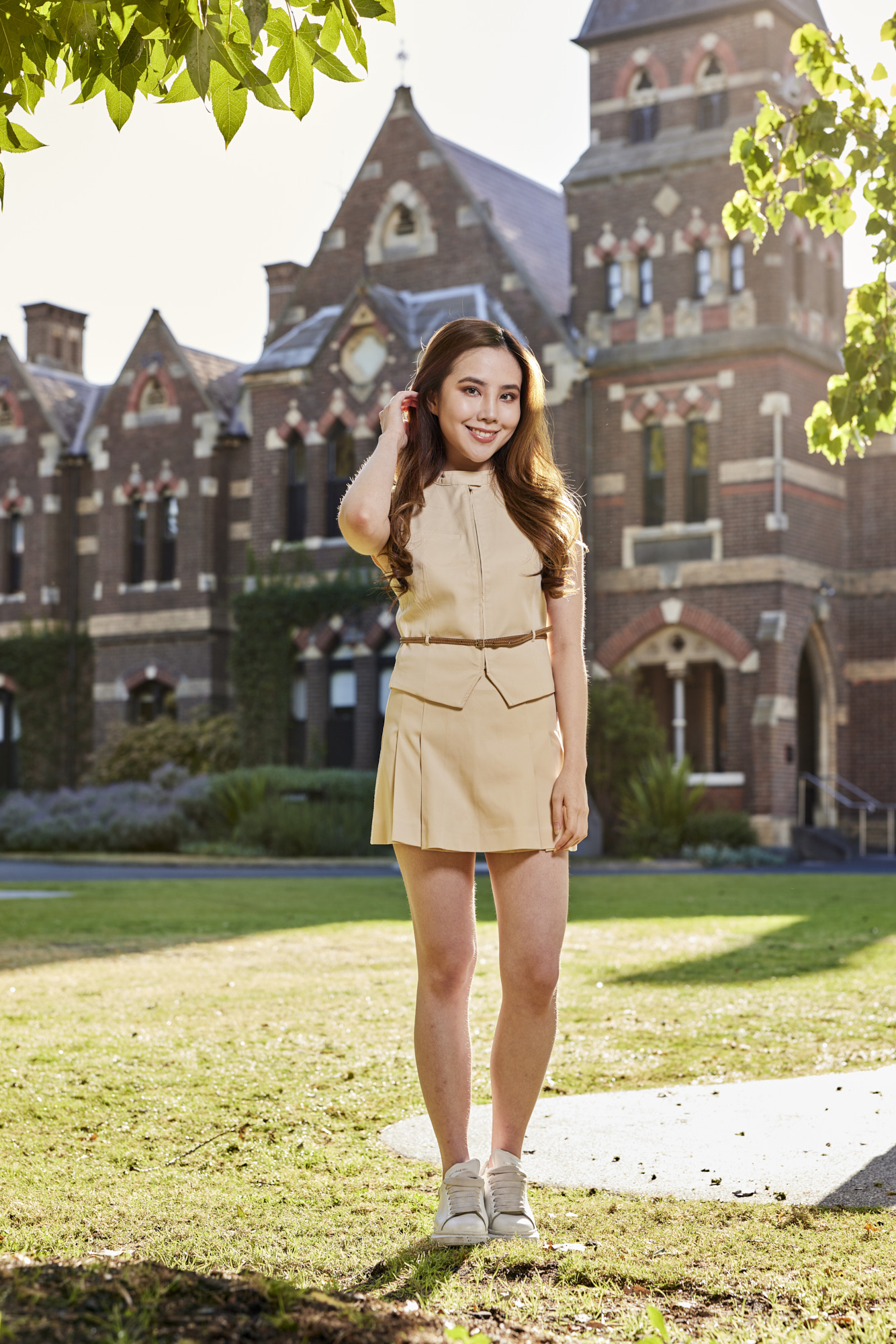
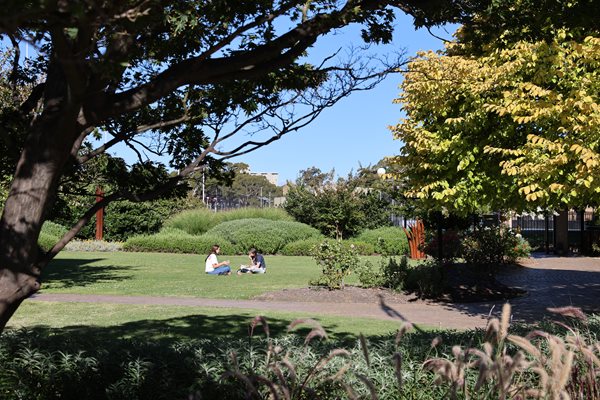
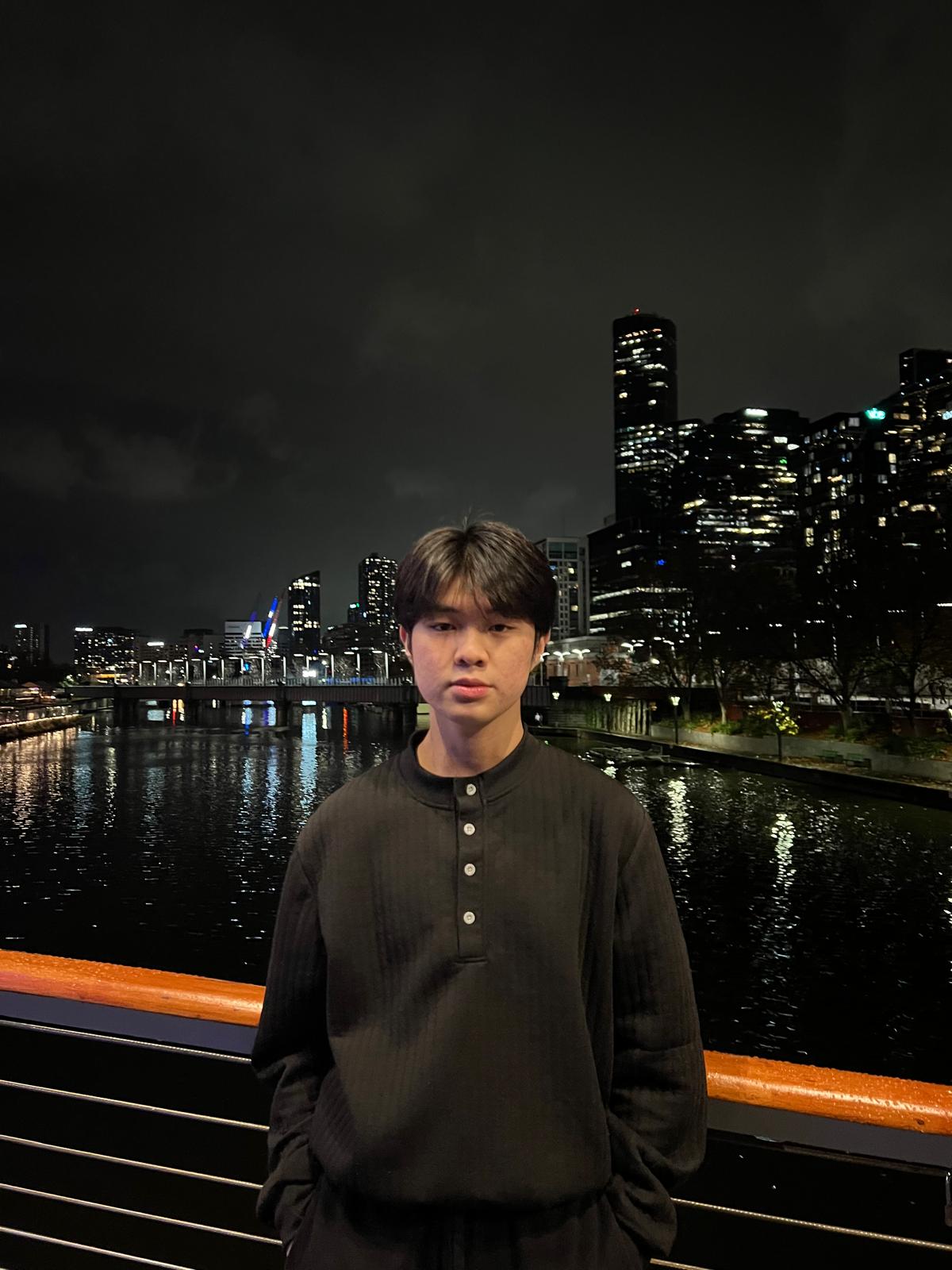
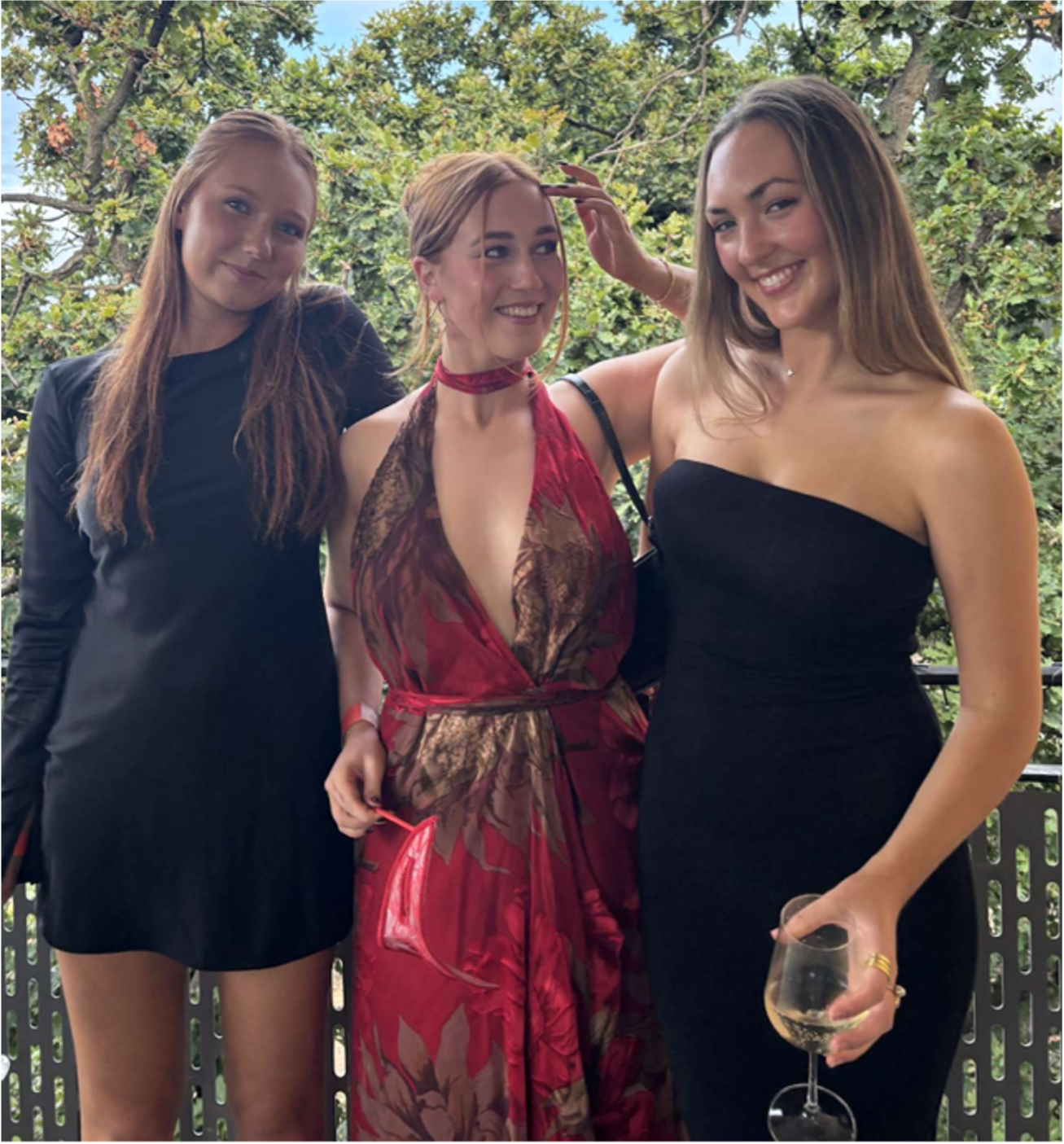
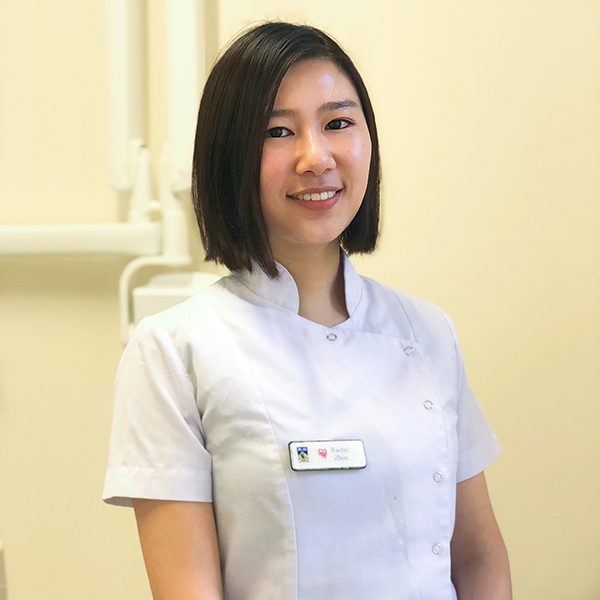
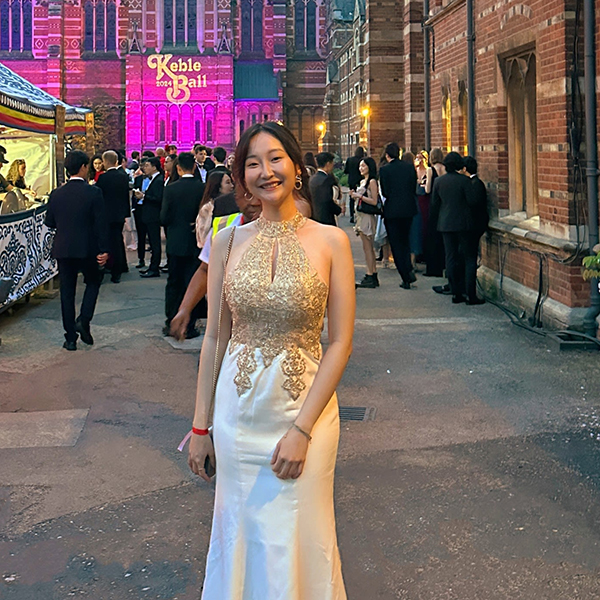
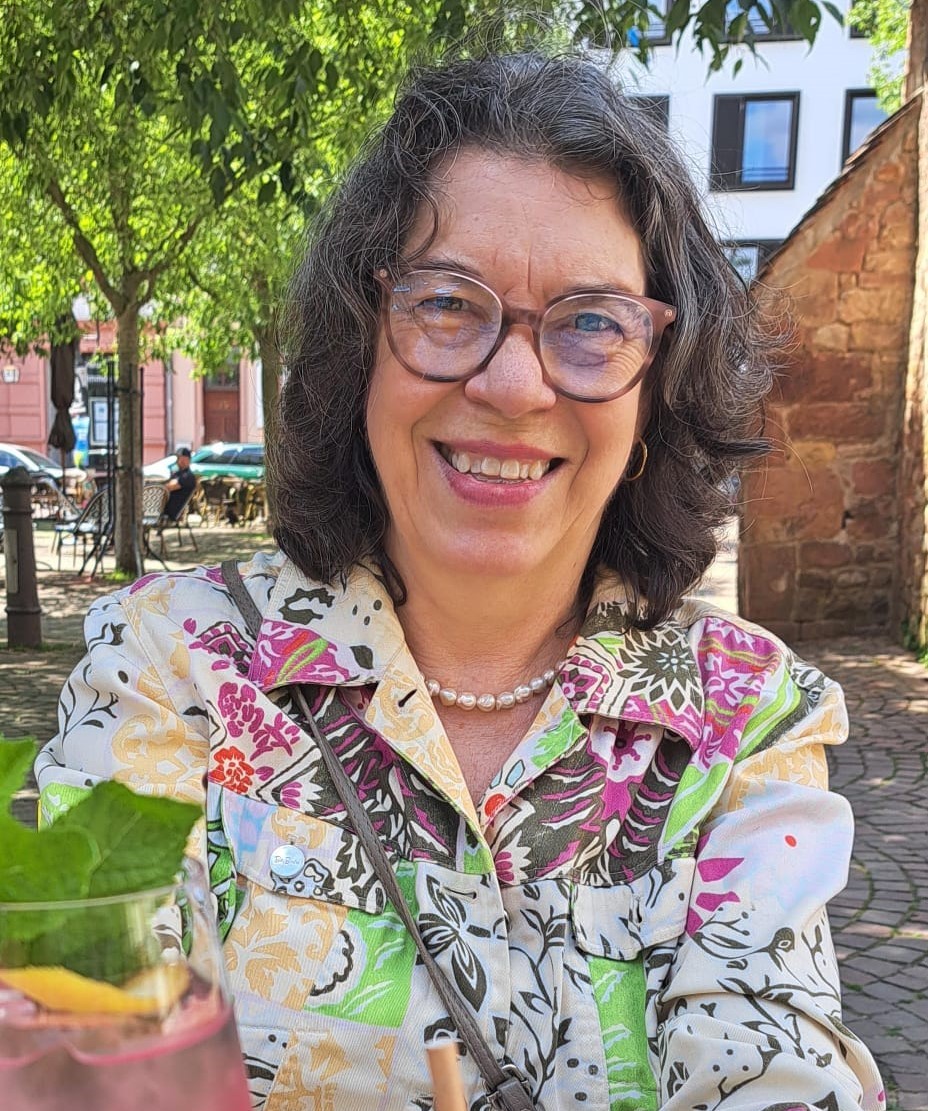
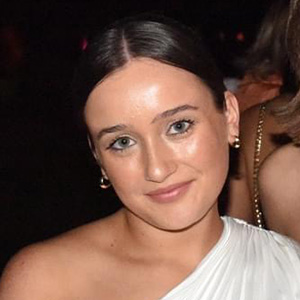
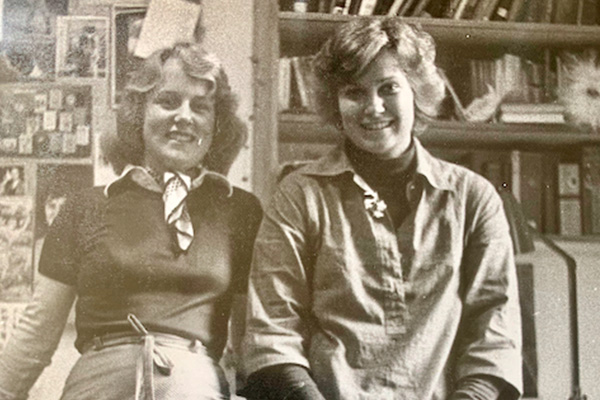
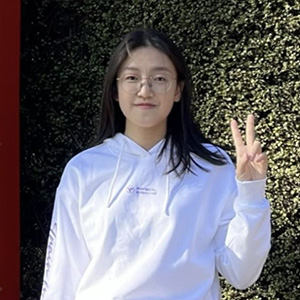
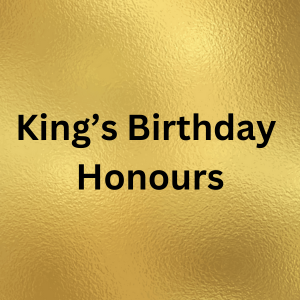
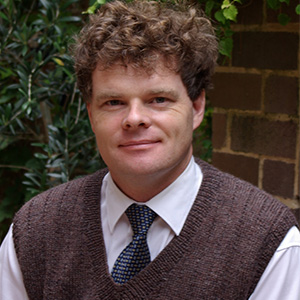
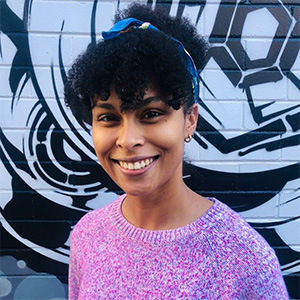

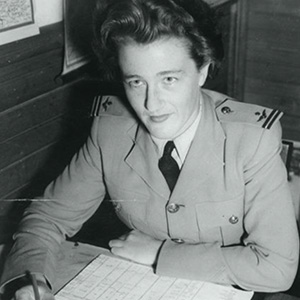
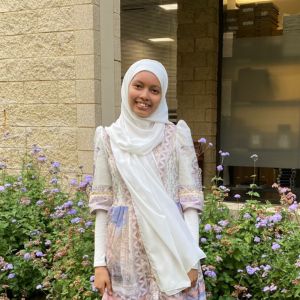
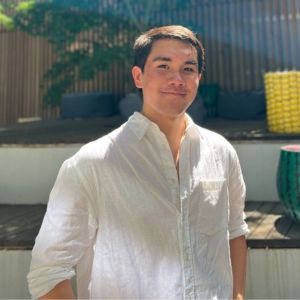
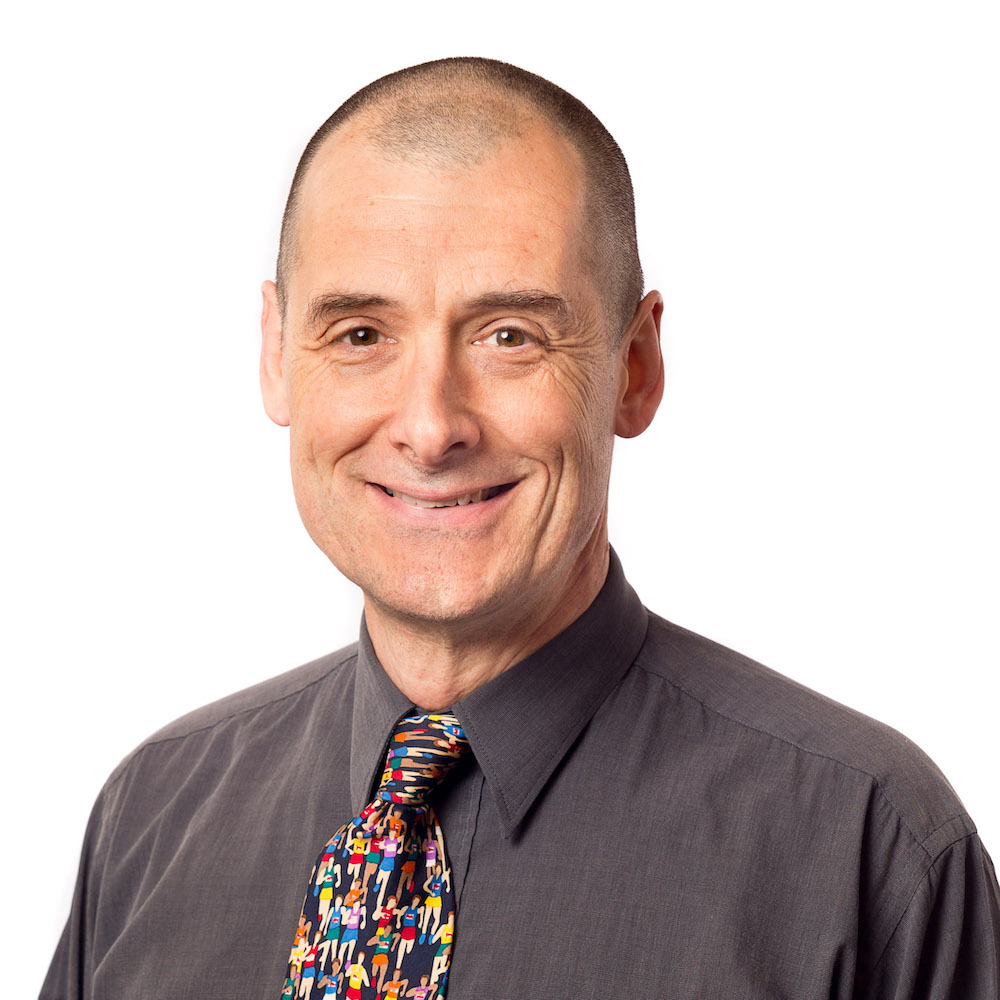
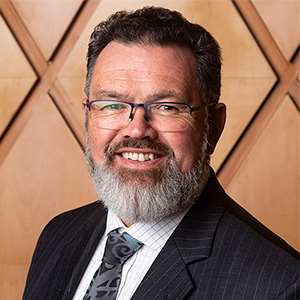
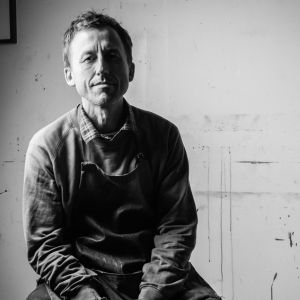.jpg?width=300&height=300&ext=.jpg)
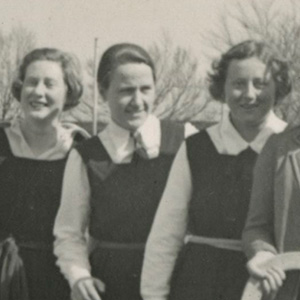
.jpg?width=300&height=300&ext=.jpg)
